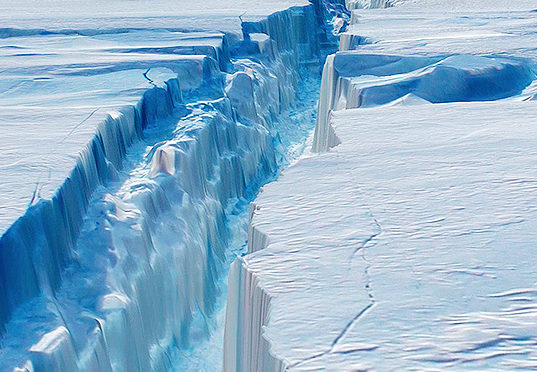(No, this is not an article about “earthquake weather.”)
Kenneth Piper, July 10, 2016
I think climate change policy should more like that for earthquakes. Geophysicists and geologists study them to understand the process and where they happen most often. We also study them to try to be able to predict more precisely when and where they will occur. Although some people think we should be able to control earthquakes, we can’t (why is a topic for another article). So, earthquakes happen. And, we cannot expect to stop them from happening.
Climate scientists and other geoscientists also study climate, including climate history and the causes of climate change. Climate varies, due to causes both on the Earth and from outside the Earth. Examples of the former include plate tectonics, ocean currents, changes in vegetation (both on land and in the sea), and changes in the Earth’s magnetic field. Examples from outside the Earth include variation in solar input (due to changes in the Sun’s output and variations in the Earth’s tilt and orbit around the Sun) and cosmic radiation (which varies according to the sunspot cycle and has been found to correlate with cloud formation). There are also various human-caused environmental changes that affect climate, such as deforestation, large-scale agriculture, dams, combustion of various types, and air pollution.
There has been much argument over how much of the climate change is due to humans and how much is due to the other factors. It is clear to me, that without any human effects, the climate has changed greatly over geologic history. Just since the beginning of the Pleistocene Epoch, we have been through many cycles of cooling and warming, with global average temperature changes of at least 12 degrees Celsius. The graphs I showed in my previous post “Global Warming: Prelude to the next Glacial Stage?” show that we are due for (if not already beginning) the next downward trend. So, climate change happens. And, we cannot expect to stop it from happening.
Yes, we should continue to study all of this (it is not settled). But the parallel work, which is more important to most people on Earth, is being neglected. That is, preparing for what comes ahead. With earthquakes, there is much study by geophysicists regarding where and how much ground shaking will occur. There is parallel and related work being done by engineers on how to make it safer for those of us that are at risk. And, there are also efforts at teaching people how to be safer and to prepare for the earthquakes to come.
Climate change can be far more devastating for much of the Earth’s population, although it comes more slowly. And, we don’t really know for sure which direction to prepare for. In the short term, we may have some continued warming and some continued sea-level rise. In the long term, we may have to deal with continental glaciation over much of the most densely populated areas. So, we really need to work on both. Instead, politicians, policy makers, and many climate scientists argue over who or what is at fault. And they spend a lot of effort to shut up the people who have different ideas. I’m sure a lot of this is about power, money, and prestige.
We didn’t get to the Moon, or Mars, or the International Space Station by bickering. It’s time we move forward.
Image: Rifting iceberg, from inhabit.com, via Google Image Search

